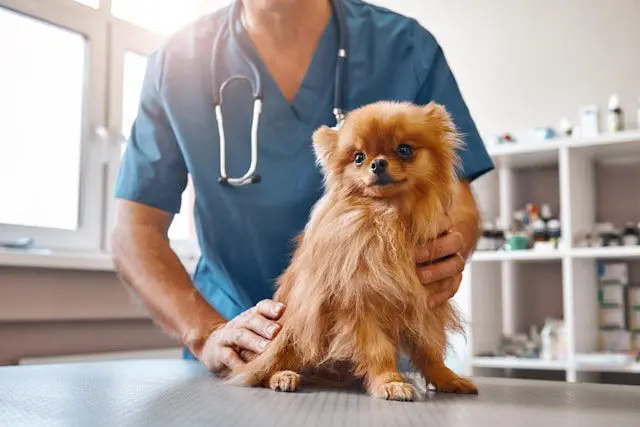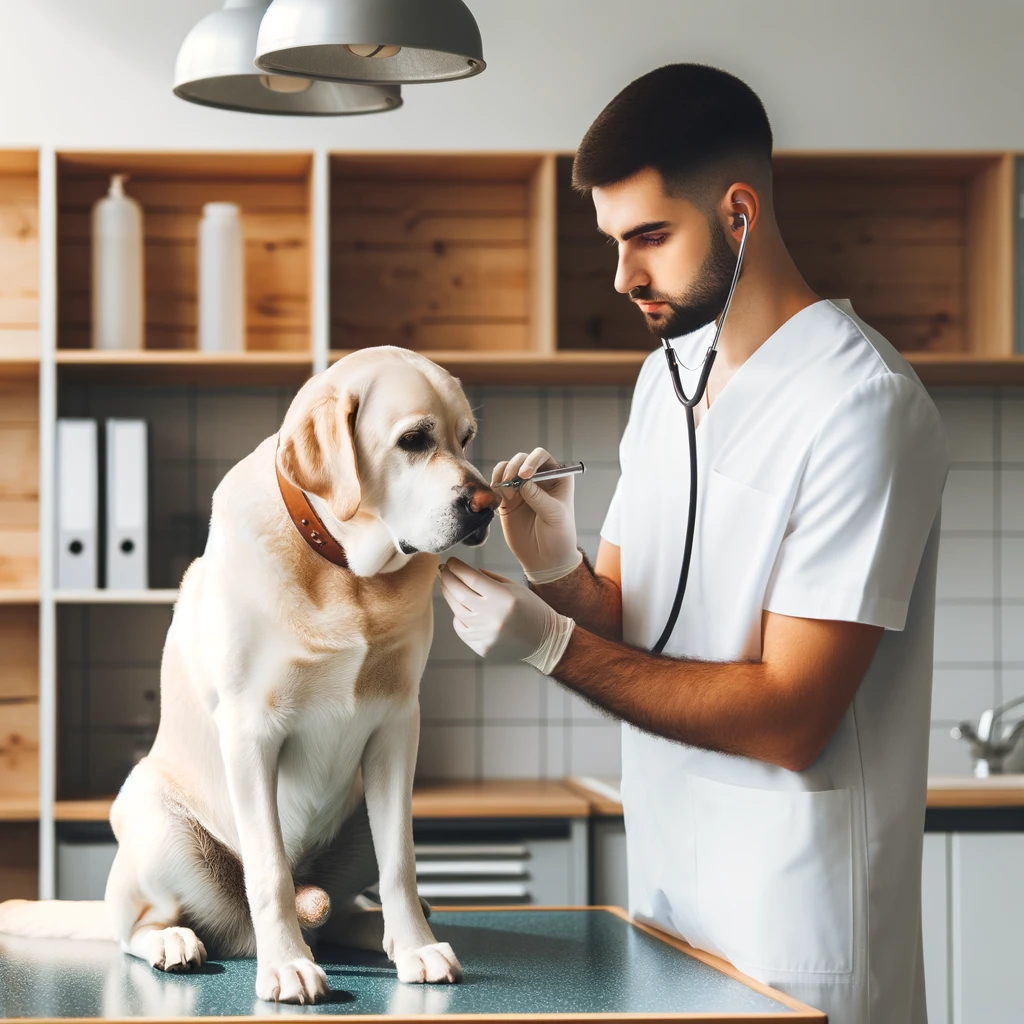Traveling with your furry companion can be one of the most rewarding experiences, but it also comes with unique challenges, especially when it comes to vet care. Ensuring your pet stays healthy on the road requires careful planning and a proactive approach. Here, we offer comprehensive vet care advice for traveling pet owners, so you can enjoy your adventures with peace of mind.

Preparing for Your Journey
Pre-Trip Vet Visit
Before you hit the road, schedule a vet visit. This is crucial to ensure your pet is in good health and up-to-date on vaccinations. During this visit, discuss your travel plans with the vet. They can provide recommendations specific to your destination, such as additional vaccines or preventive measures for local parasites.
- Checklist for the Vet Visit:
- Complete health check-up
- Update vaccinations
- Obtain any necessary medications or prescriptions
- Discuss travel-specific health concerns
Pet Health Insurance
If you’re planning to travel long-term, investing in pet health insurance is a wise decision. Look for insurance plans that offer coverage at multiple locations across the country. Many major pet store chains, like Petco and PetSmart, offer vet services and insurance, which can be incredibly convenient for travelers.

Packing Essentials for Your Pet
Proper packing is essential for keeping your pet comfortable and safe while traveling. Here’s a list of must-have items:
- Health Documents: Up-to-date vaccination records, insurance information, and pet poison control info.
- Medications: Ensure you have enough prescription and over-the-counter medications, such as flea/tick and heartworm preventatives.
- First Aid Kit: Include bandages, antiseptic wipes, tweezers, and specialized items for your pet’s specific needs.
- Comfort Items: Your pet’s favorite toys, bed, and blankets to make them feel at home on the road.
See more dog travel accessories here.
Establishing Vet Care on Short Stays
Finding a Vet Quickly
When you arrive at a new location, finding a vet quickly is essential, even if you’re only staying for a short period. Use online maps, local directories, and recommendations from pet-friendly communities to locate nearby vet clinics. Call ahead to discuss your needs and inform them that you are a traveler.
- Steps to Find a Local Vet:
- Use online maps and directories to locate nearby vets.
- Call ahead to discuss your needs and provide medical records.
- Schedule routine check-ups and vaccinations in advance.
Getting Vet Care Without Prior History
Many vets understand the needs of travelers and are willing to provide care without a prior history. Here’s how to ensure a smooth experience:
- Provide Comprehensive Medical Records: Carry updated vaccination records, past medical history, and any current medications your pet is taking. Digital copies are convenient and easily shared.
- Communicate Clearly: Explain your travel situation and the necessity for routine care or medication refills. Most vets will appreciate your proactive approach.
- Request Necessary Medications: Vets can often provide routine medications like flea/tick preventatives or heartworm treatments based on your pet’s medical history and a quick assessment.
What to Expect from a Vet Visit
During a short stay, a vet visit typically involves:
- A general health check-up
- Review of your pet’s medical records
- Discussion of any current health issues
- Provision of necessary medications or vaccinations
While some vets may be cautious about prescribing medications without a thorough history, most are accommodating if you provide detailed medical records and explain your situation.

Emergency Vet Care
Emergencies can happen, and being prepared is crucial. Always carry a well-stocked first aid kit and familiarize yourself with the nearest emergency vet clinics at your destination. Before heading to remote areas, look up emergency vet services and save their contact information.
- Emergency Preparedness Tips:
- Keep a “go bag” with essential items for quick access.
- Know the signs of common pet emergencies.
- Learn basic pet first aid and CPR.
Additional Tips for Traveling Pet Owners
Routine Care and Grooming
Beyond vet visits, maintaining your pet’s grooming routine is important. Regular nail clippings, baths, and grooming keep your pet comfortable and healthy. Plan grooming appointments ahead of time, especially if you’ll be in a location for an extended period.
Food and Hydration
Ensure you have a consistent supply of your pet’s regular food. Sudden changes in diet can cause digestive issues. Bring enough water for your pet and avoid unfamiliar water sources that may cause illness.

Safety Gear
Invest in safety gear such as harnesses and seatbelt attachments for your pet. This not only keeps them safe during travel but also ensures they are secure in case of sudden stops or accidents.
Check for Pests
Regularly check your pet for ticks, fleas, and other pests, especially after spending time outdoors. Make it a part of your nightly routine to inspect your pet and remove any pests promptly.
Final Thoughts
Traveling with your pet can be a delightful experience with the right preparation and care. By following this vet care advice, you can ensure your furry friend stays healthy and happy on the road. Remember, a little preparation goes a long way in preventing health issues and emergencies.
With these tips in mind, you and your pet are ready to embark on a journey filled with adventure and companionship. Safe travels!


Leave a Reply